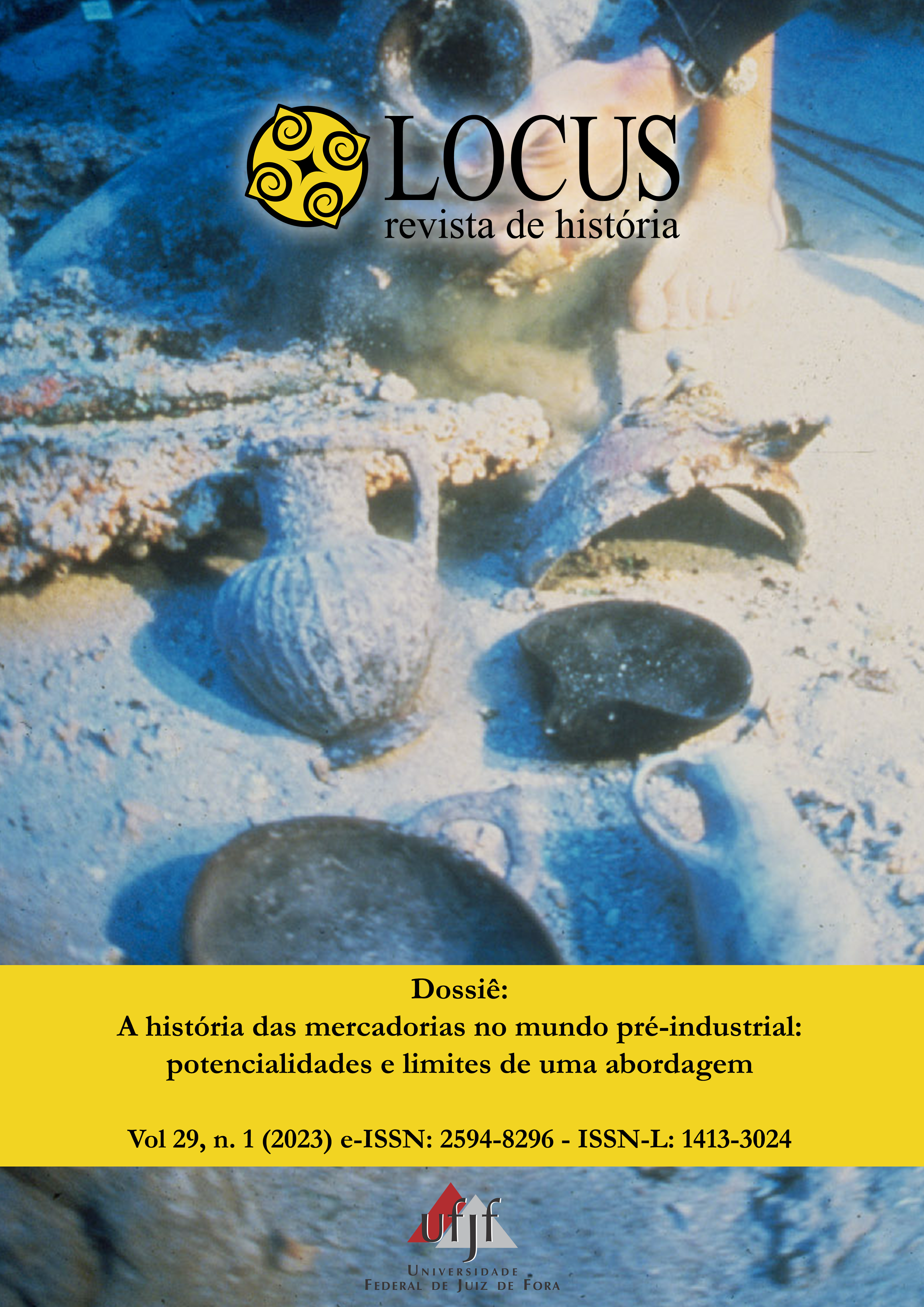The Portuguese radical Right in the post-April 25 Revolution: ideas, representation and discourse (1974-1985)
Published 2023-08-07
Keywords
- Radical right,
- Far-right,
- Nationalism,
- History of ideas,
- Political discourse
How to Cite
Copyright (c) 2023 Bruno Madeira

This work is licensed under a Creative Commons Attribution 4.0 International License.
Abstract
: In a moment in which post-fascist and national-populist forces are asserting themselves and in which the debate on the causes of this growth is deepening, reflecting on the near past of the radical right imposes itself as one of the possible starting points for understanding part of the reality existing today. This paper proposes an understanding of the right that allows us to encompass its different ideological, discursive and organisational expressions. By looking specifically at the thought of the Portuguese radical right-wing published between 1974 and 1985, it also seeks to give an account of how the right thinks of and represents itself, how it has made the struggle against democracy, equality, freedom and pluralism one of its main objectives, and how it has expressed its nationalism. In effect, the revolution of April 25, 1974, and the overthrow of the New State obliged the Portuguese radical right to reformulate how they presented, organised and communicated themselves. Far from the sphere of governance and incapable of formulating a strategy that united all their sensibilities around a power project, they tended to divide themselves between those who privileged civil-military conspiracy, the formation of parties, terrorist action and the creation of political intervention associations that aimed at a short-term assault on power and those who, aware that the conjuncture was frankly unfavourable to them, gave priority to medium and long-term action, to metapolitical intervention and to a strategy of conquering influence - an inevitably lengthy process - among the leaders of the moderate right-wing parties and, above all, among the media and academics. Despite the strategic divergences, the ideological affinity and the coherence of the political programme they proposed to the country, which we will discuss here, are noteworthy.

